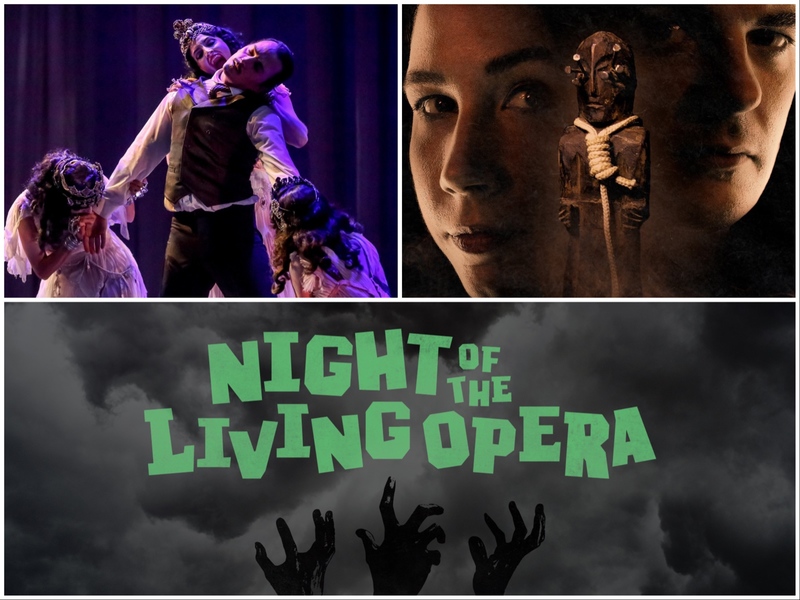With a courteous bow to Charles Darwin, it should be understood that his famed theory of evolution is not the only one.
Pulitzer Prize-winning playwright Edward Albee also has theory of evolution, if not about the existence of man, at least about the way one man lives and gets along with another.
"Seascape," the third Pulitzer play Albee wrote, opened at American Players Theatre in Spring Green over the weekend and like his other great works, it looks at the evolution of relationships with an unerring eye and sensibility. Like "Who’s Afraid of Virginia Woolf" and "A Delicate Balance," "Seascape" is a portrait of a portrait with teeth and tension roiling so close to the surface that you find yourself holding your breath until the inevitable explosion.
The play begins with an older retired couple, Nancy and Charlie. He is laying on a beach and she is painting a seascape. Very quickly we see the tensions between them. She wants to do something in retirement, he just wants to sit and do nothing. After of life of children and work she wants to explore and DO things. Charlie is resentful of her sense of wanderlust and belittles and denigrates her desires.
"I love this beach," she tells him. "We could go around the world and never leave the beach."
This kind of suggestion Charlie thinks is nothing more than a dream to be forever unrealized and he’s not bothered that Nancy will suffer because of it. Nancy, for perhaps the first time in her life, isn’t ready to take Charlie’s will as her own.
"We don’t have to do what I want to do, Charlie," she says. "We can do what you want to do. But we have to do something. We aren’t going to do nothing."
The powerful first act of the play comes to a close with Albee’s constant belief in the transient nature of lives lived together.
"If we just continue the temporary," Nancy says with an kind of ironic lament, "it becomes forever."
Their forever is disrupted by the sudden appearance of Leslie and Sarah, a couple that sneaks onto the scene. They are not people, however, but a pair of lizards having escaped the bounds of the sea after it became intolerable for them. The first thing we learn of them is that they talk, just like Charlie and Nancy.
And with nary a pause, we are drawn into the second evolution, that of Leslie and Sarah who are as much a couple as Charlie and Nancy, with many of the same insecurities, challenges and demands as their human counterparts.
The third, and perhaps final evolution, is between the couples. The women are the most open to this new thing while the men are suspicious and scoff at each other. And so it goes, haltingly and often funny as these two creatures from the deep seem so much like the other earthly couple.
As Charlie and Nancy, Jonathan Smoots and Sarah Day perfectly capture both the underlying joy of a life together and the "what’s next for us" moment in their lives. These are roles for actors of experience and both of them are spectacular. Day has an intense focus on Smoots while he has only a passing glance available for her.
With precision and emotion they capture the vision of director Laura Gordon (Smoots’ wife). She has a profound view of the variety of Albee themes and is unafraid to to mix them up, toss them in the air, and see where they land.
The lizards are the most spectacular characters I’ve seen in a play for many years. Cristina Panfilio and LaShawn Banks are an eloquent testimony to the specialized abilities of those artists who make a production come alive.
The costumes by Devon Painter are so lifelike that it’s easy to think these really are lizards. From the color and the scales to the long swishing tails they are breathtaking. The two actors move around the marvelous boulder-filled set by Jeffrey Kmiec like, well, lizards with a swaying side to side motion, front legs for support and rear for forward motion. The choreography by Jessica Lanius is so realistic that I found myself actually believing these were lizards, even though I guess I knew better.
The marriage of APT and a playwright with a body of work like Albee seems like one created by the gods. The intensity and intelligence of his vision of the lives with live together makes for an incredible two hours of theater. Gordon’s notes on the play feature a quote by Albee that best explains the subject of Seascape.
"What could be worst than getting to the end of your life and realizing you hadn’t lived it?"
"Seascape" runs in repertory at American Players Theatre and information on showtimes and tickets is available here.
With a history in Milwaukee stretching back decades, Dave tries to bring a unique perspective to his writing, whether it's sports, politics, theater or any other issue.
He's seen Milwaukee grow, suffer pangs of growth, strive for success and has been involved in many efforts to both shape and re-shape the city. He's a happy man, now that he's quit playing golf, and enjoys music, his children and grandchildren and the myriad of sports in this state. He loves great food and hates bullies and people who think they are smarter than everyone else.
This whole Internet thing continues to baffle him, but he's willing to play the game as long as OnMilwaukee.com keeps lending him a helping hand. He is constantly amazed that just a few dedicated people can provide so much news and information to a hungry public.
Despite some opinions to the contrary, Dave likes most stuff. But he is a skeptic who constantly wonders about the world around him. So many questions, so few answers.







